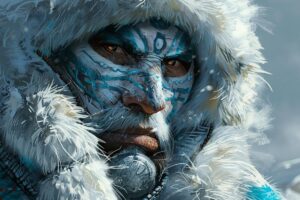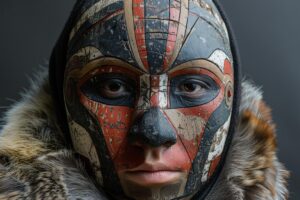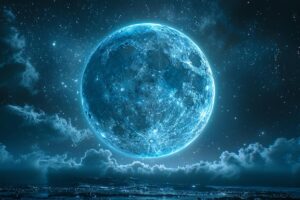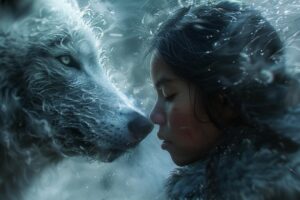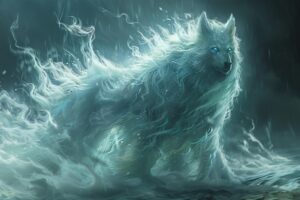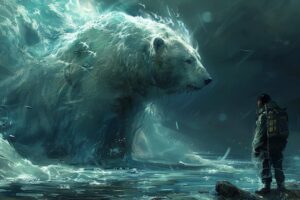Pinga: The Multifaceted Inuit Goddess
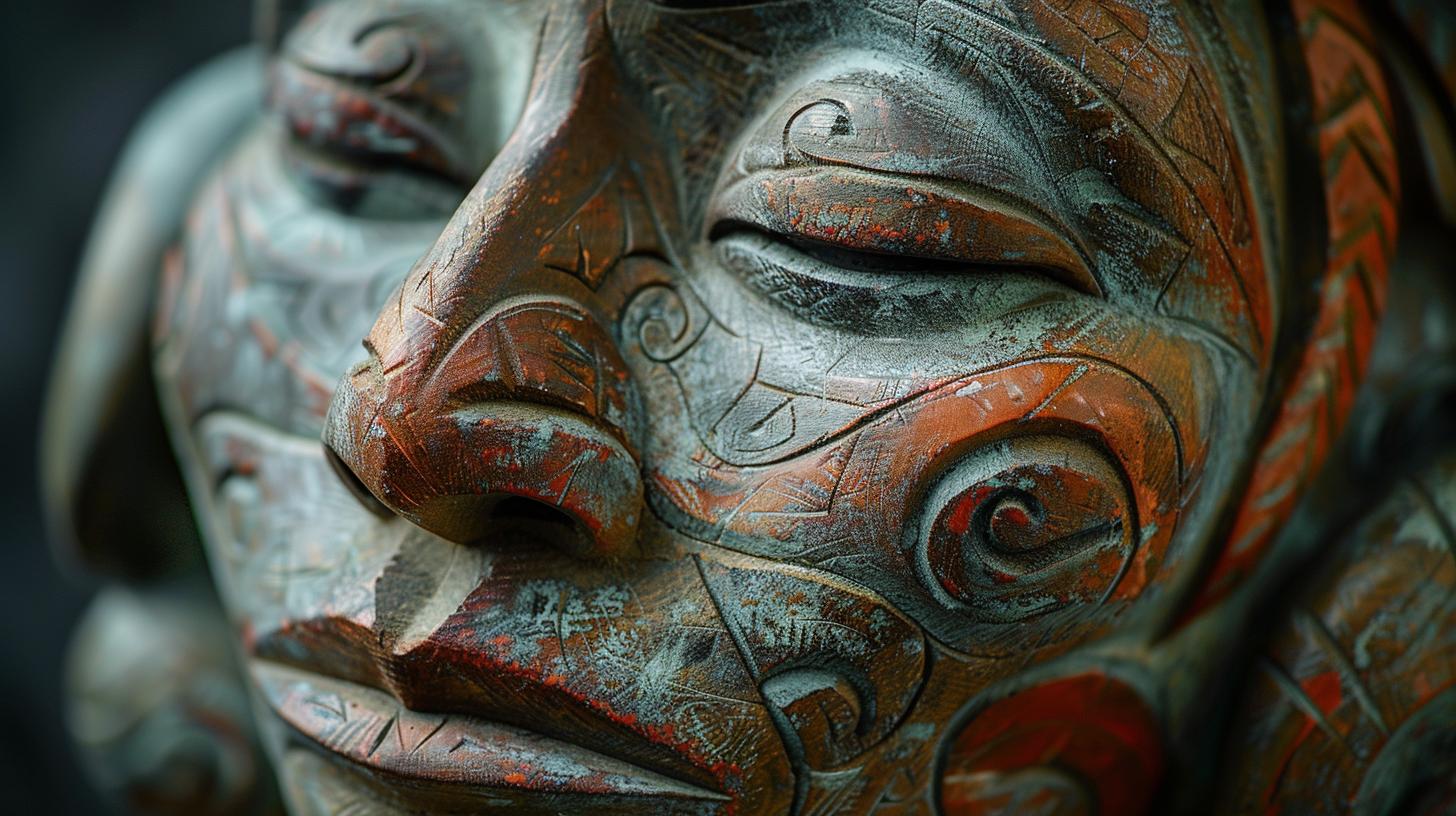
Pinga, the Inuit goddess, emerges as a complex and deeply revered figure within the tapestry of Inuit mythology. Her domain spans a wide array of vital aspects of life, intertwining the natural and the supernatural realms.
Pinga is known for her association with hunting, healing, and guiding souls to the afterlife, a testament to her pivotal role in Inuit spiritual beliefs and daily practices. Her influence is not confined to these areas alone; it extends further to encompass fertility, health, and the overall well-being of the community.
About Pinga the Inuit Goddess
As a psychopomp, a guide of souls to the realm beyond, Pinga holds a crucial role in the cycle of life and death. She is believed to prepare souls for reincarnation, ensuring the continuity of life and the spiritual connection between generations.
This aspect of her nature highlights the Inuit’s deep respect for the ancestors and the cycles of nature. Communication with Pinga is facilitated through shamans, who mediate between the spiritual and physical worlds, offering insight, healing, and guidance to those in need.
Pinga’s influence extends into the realm of hunting, a vital activity for the Inuit’s survival. She is seen as a guardian of animals and a steward of the Earth’s resources, emphasizing the importance of maintaining balance in hunting practices and conservation.
The respect for Pinga manifests in hunting rituals and taboos designed to honor the spirits of the animals and ensure the sustainability of wildlife populations. These practices reflect a profound understanding of the interconnectedness of all life and the need to live in harmony with nature.
In art and stories, Pinga’s representation is multifaceted, reflecting her importance in Inuit culture. Visual depictions, oral tales, and ceremonial songs and dances often portray her as a nurturing yet powerful figure, embodying the dual aspects of creation and destruction inherent in nature.
These cultural expressions serve not only to honor Pinga but also to instill in the community the values of respect, gratitude, and responsibility towards the natural world and the spiritual entities that inhabit it.
In contemporary Inuit society, the reverence for Pinga continues to play a significant role, shaping spiritual practices and community life. While modern influences have transformed many aspects of Inuit culture, the foundational beliefs and values associated with Pinga and other deities remain a source of strength and identity.
Her legacy is evident in ongoing efforts to preserve traditional knowledge, respect for the environment, and the spiritual practices that connect the Inuit people to their ancestors and the natural world.
In conclusion, Pinga’s multifaceted role in Inuit mythology encapsulates her significance as a deity of hunting, healing, and guidance for the souls of the departed. Her influence on fertility, health, and community well-being underlines the integrated view of life that characterizes Inuit culture.
Through art, stories, and spiritual practices, Pinga’s presence continues to inspire and guide the Inuit people, reminding them of the delicate balance between humanity and the natural world, and the enduring power of their spiritual heritage.

